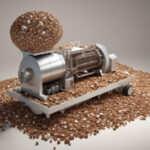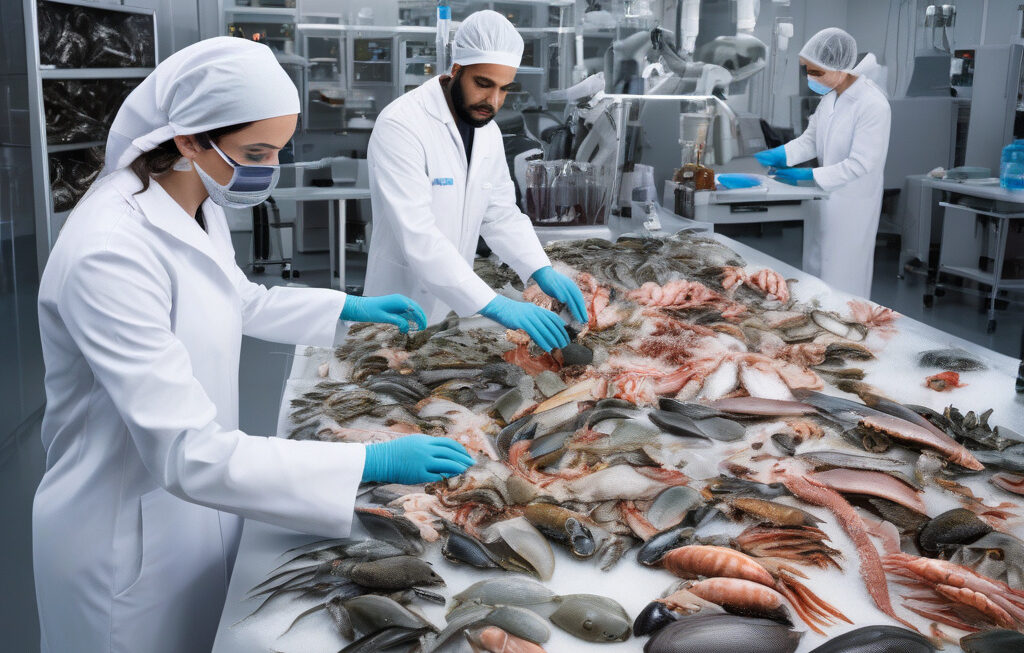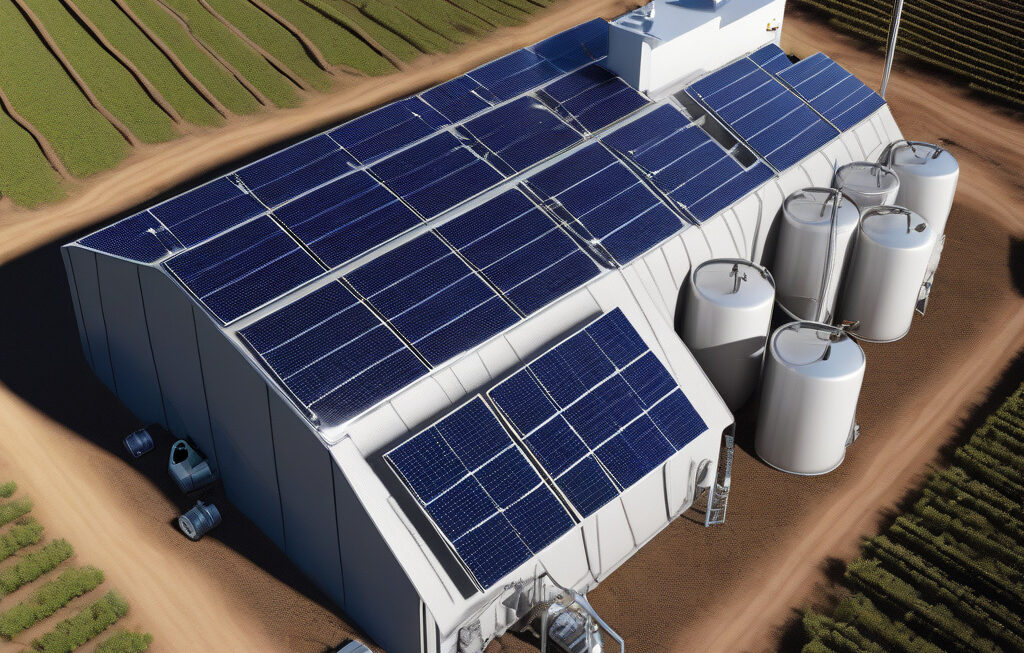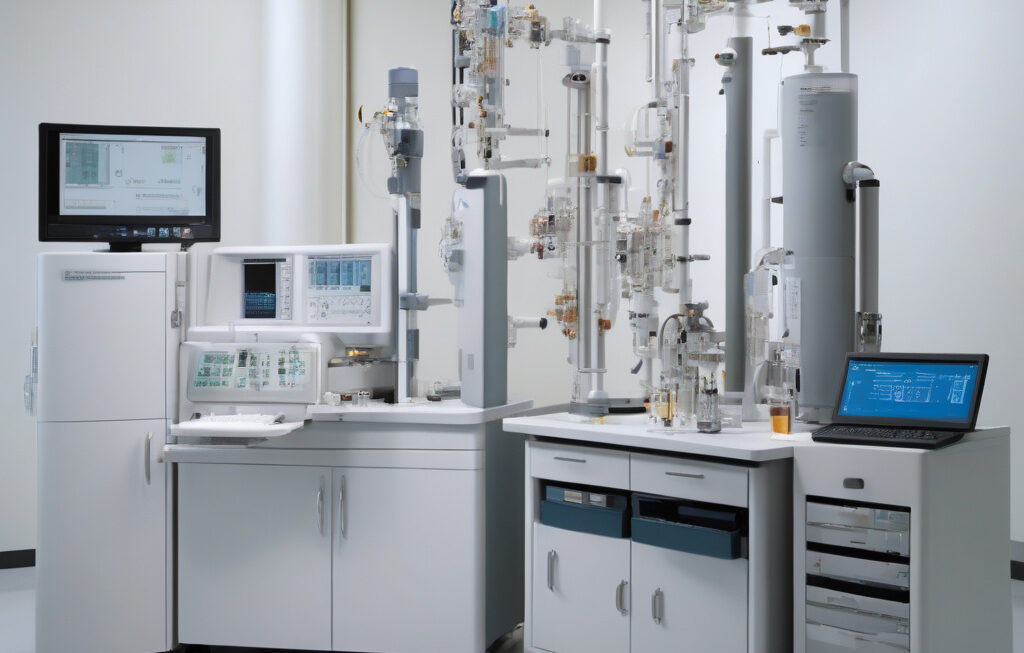Turning Food Waste into Plastic and Fertilizer: A Double Win for Earth
Americans throw away between 30% and 40% of the nation’s food supply each year, according to the U.S. Department of Agriculture. This staggering amount of food waste not only strains landfills but also contributes to greenhouse gas emissions as the organic matter breaks down. However, a groundbreaking innovation has emerged, offering a sustainable solution to this pressing issue.
A company called Full Circle Biochar has developed a revolutionary process that transforms food waste into two valuable products: biodegradable plastic and nutrient-rich biochar fertilizer. This innovative approach not only diverts food waste from landfills but also reduces the need for traditional plastics and chemical fertilizers, which are detrimental to the environment.
The process begins by collecting food waste from various sources, including restaurants, grocery stores, and households. This waste is then sorted and processed to remove contaminants such as plastic packaging and non-organic materials. Next, the organic matter is converted into biochar through a process called pyrolysis, which involves heating the material in the absence of oxygen.
Biochar is a highly porous form of charcoal that is rich in carbon. When added to soil, biochar improves its fertility, water retention, and nutrient absorption capabilities. This leads to healthier plants and higher crop yields, making it an ideal alternative to chemical fertilizers.
In addition to biochar, Full Circle Biochar’s process also yields biodegradable plastic made from food waste. This plastic can be used to create a wide range of products, from packaging materials to disposable cutlery. Unlike traditional plastics derived from fossil fuels, biodegradable plastic breaks down naturally over time, reducing pollution and environmental harm.
By simultaneously producing biochar and biodegradable plastic from food waste, Full Circle Biochar is not only addressing the pressing issue of food waste but also offering sustainable alternatives to conventional plastic and fertilizer products. This innovative approach aligns with the principles of the circular economy, where waste is minimized, and resources are reused in a closed-loop system.
Furthermore, the adoption of Full Circle Biochar’s technology has the potential to significantly reduce the environmental impact of food waste while creating new economic opportunities. For instance, farmers can benefit from using biochar fertilizer to improve soil health and crop productivity, leading to long-term sustainability in agriculture.
In conclusion, the breakthrough technology developed by Full Circle Biochar represents a significant step towards a more sustainable future. By turning food waste into valuable resources such as biochar and biodegradable plastic, this innovation offers a double win for the Earth by reducing waste, lowering greenhouse gas emissions, and promoting eco-friendly alternatives to traditional plastic and fertilizer products.
food waste, plastic, fertilizer, sustainability, innovation












